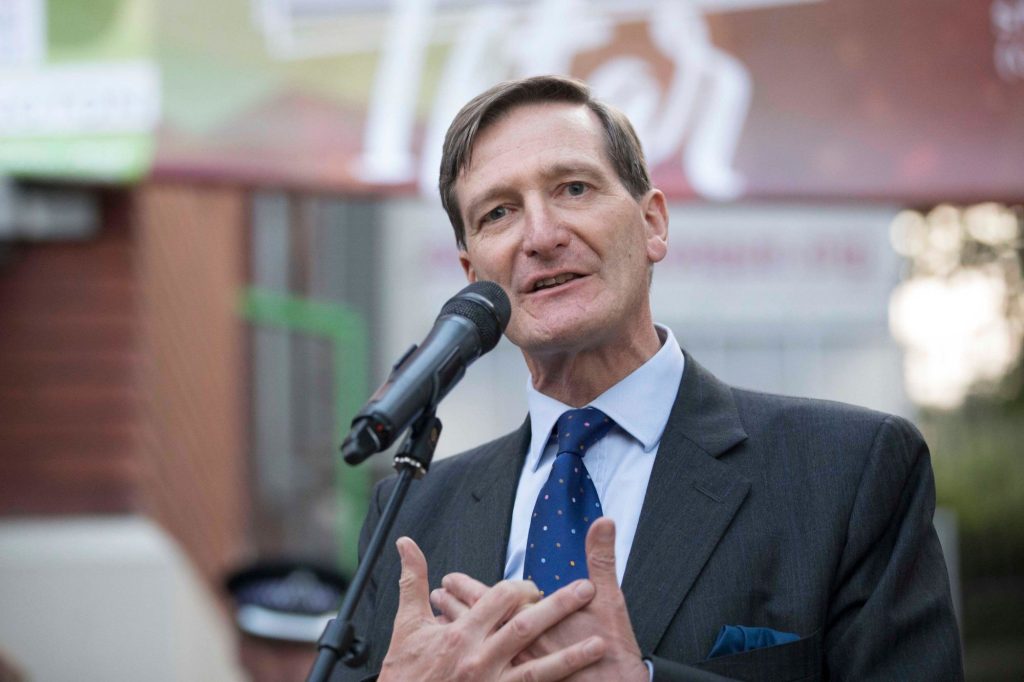Dominic Grieve casts doubt on need for an Islamophobia definition
The chair of the government’s Anti-Muslim Hatred and Islamophobia Working Group signalled on Thursday that the group may conclude there is no necessity for an official definition of Islamophobia. In a closed-door session with MPs, peers and key stakeholders at Parliament’s Westminster Hall, former attorney general Dominic Grieve KC revealed that his team is considering whether a formal definition would add value or merely complicate matters.
Grieve’s review of existing definitions
Grieve, appointed by Deputy Prime Minister Angela Rayner to lead the working group, acknowledged that numerous definitions of Islamophobia already exist across public bodies and institutions. He suggested that a proliferation of competing definitions has created confusion, rather than clarity, in efforts to combat anti-Muslim hatred.
- Some universities and councils use their own bespoke definitions, often mixing in broader concepts of hate crime and prejudice.
- Major charities and watchdogs apply distinct criteria that can differ in tone and scope.
- Grieve’s team is weighing whether a fresh, universal definition might simply replace one form of confusion with another.
Assurances on free speech
During the meeting, Grieve emphasised that any definition adopted would not encroach on free speech. “Protecting Muslims from hatred and discrimination need not limit legitimate debate,” he told attendees. He reiterated that civil and criminal law would remain unchanged, and that robust scrutiny of ideas—even unpopular ones—would continue to be safeguarded.
Stakeholder perspectives
The working group heard a range of views from high-profile figures:
- Baroness Kishwer Falkner, chair of the Equality and Human Rights Commission, stressed the importance of clear guidance for public bodies investigating discrimination claims.
- Baroness Sayeeda Warsi, former Tory party chair, argued that Muslim communities feel acutely the absence of a shared standard to identify and report incidents.
- Lord Toby Young, a vocal free speech campaigner, warned against overly broad definitions that risked stifling open discourse.
- MP Naz Shah of Bradford West criticised those questioning the need for any definition, urging that dismissing community concerns would further alienate vulnerable groups.
- Lord Daniel Moylan highlighted the distinction between the legal offence of anti-Muslim hatred—which targets individuals—and the broader, more nebulous term “Islamophobia,” which can implicate beliefs and ideas.
- Baroness Claire Fox pressed for greater transparency around the group’s membership and consultation process, calling for open minutes and a public-facing platform.
Public evidence call and timeline
The working group has launched a four-week public consultation on its website, seeking evidence and opinions to inform its final decision. Key points include:
- Responses must be submitted by 13 July, and can be shared anonymously to encourage honest feedback.
- The questionnaire asks whether a definition is needed, what core elements it should cover—such as racism, prejudice or hostility—and invites examples of troubling incidents.
- Grieve indicated that, if a definition is drafted, it could be ready for publication in September, ahead of the next Queen’s Speech.
Government’s discretion and next steps
Although the working group advises ministers, the government retains the right to reject any definition it deems inappropriate. The final report will be submitted to Deputy Prime Minister Rayner, who oversees communities and local government.
Analysts caution that without ministerial buy-in, a definition alone may lack legal force or enforcement mechanisms. Conversely, a well-crafted definition could streamline hate crime reporting and training for public officials.
Implications for communities and institutions
Muslim advocacy groups have welcomed the scrutiny, arguing that a clear benchmark could empower victims to report anti-Muslim incidents with confidence. Critics, however, fear that a rigid definition could deter legitimate academic research or journalistic investigation into Islamist ideologies.
- Police forces currently use the Home Office hate crime definition, which does not explicitly mention Islamophobia.
- Local authorities struggle with inconsistent policies when developing equality and diversity training.
- Universities face pressure to adopt definitions that protect students without curbing free expression on campus.
Balancing clarity with flexibility
The working group’s challenge is to strike the right balance: provide a practical, unequivocal tool for preventing harm, while avoiding overly prescriptive language that could chill debate. Grieve’s openness to the possibility that “we may not need one” reflects a pragmatic approach to policy-making in this delicate area.
As submissions flood in over the coming days, Parliament and wider society will be watching closely to see whether the group opts for a concise set of guiding principles or decides that existing frameworks, coupled with stronger enforcement, suffice to tackle the rise in anti-Muslim hatred.
